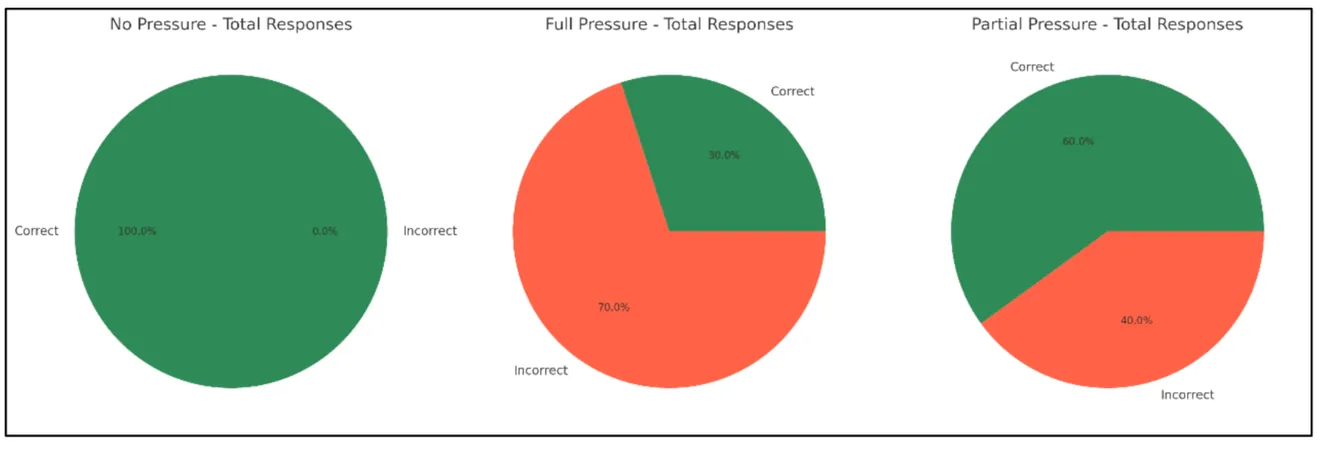
Breakthrough Study: Ozempic Shows Promise in Treating Diabetes-Related Peripheral Artery Disease!
2025-04-08
Author: Emily
A groundbreaking study from Montreal reveals that semaglutide, widely recognized under the brand name Ozempic, may significantly alleviate peripheral arterial disease (PAD) in patients suffering from type 2 diabetes. This condition, which causes inadequate blood circulation in the lower limbs, poses serious health risks, including the potential for below-the-knee amputations.
Dr. Rémi Rabasa-Lhoret, a prominent diabetes specialist at the Montreal Clinical Research Institute, explained that peripheral arterial disease is part of a broader category of severe health issues akin to heart attacks and strokes, but it specifically targets the major vessels in the legs. The implications for patient mobility and quality of life are staggering.
In this critical study involving 800 participants, half received semaglutide while the other half were assigned to a placebo. Remarkably, after just one year, those on semaglutide improved their walking distance without stopping by 13% compared to the placebo group—ratings were recorded on a treadmill at a steep incline of 12%, simulating challenging terrain.
Dr. Rabasa-Lhoret pointed out that while the results are promising, he hopes future research will evaluate how these patients fare on flat surfaces since not everyone encounters steep hills daily.
The quick onset of benefits was also notable, with significant distinctions maintained between the two groups. A marked improvement in both pain-free walking distance and overall quality of life emerged. Moreover, researchers suggest that the long-term advantages could be even more pronounced, as improvements in maximum walking distance continued to manifest at 26 weeks, with further enhancements observed at 52 weeks—showing no signs of plateauing.
Treating peripheral artery disease can be challenging, as Dr. Rabasa-Lhoret highlighted. While walking more is generally beneficial, it can exacerbate existing wounds; quitting smoking is a monumental task; surgical options are complex; and current medication regimens often fall short.
"This demographic faces immense challenges—their mobility is severely restricted, drastically affecting their quality of life," he remarked. Thus, the prospect of a new treatment pathway is especially exciting in light of imminent generic versions of Ozempic becoming available.
It’s estimated that about 230 million people globally are affected by peripheral artery disease, with type 2 diabetes cited as one of its primary risk factors. The findings were recently published in the prestigious medical journal, *The Lancet*, drawing attention to the urgent need for effective therapies in this under-addressed area of diabetes care.
Stay tuned for more updates as this potential game-changer in diabetes management continues to unfold!









 Brasil (PT)
Brasil (PT)
 Canada (EN)
Canada (EN)
 Chile (ES)
Chile (ES)
 Česko (CS)
Česko (CS)
 대한민국 (KO)
대한민국 (KO)
 España (ES)
España (ES)
 France (FR)
France (FR)
 Hong Kong (EN)
Hong Kong (EN)
 Italia (IT)
Italia (IT)
 日本 (JA)
日本 (JA)
 Magyarország (HU)
Magyarország (HU)
 Norge (NO)
Norge (NO)
 Polska (PL)
Polska (PL)
 Schweiz (DE)
Schweiz (DE)
 Singapore (EN)
Singapore (EN)
 Sverige (SV)
Sverige (SV)
 Suomi (FI)
Suomi (FI)
 Türkiye (TR)
Türkiye (TR)
 الإمارات العربية المتحدة (AR)
الإمارات العربية المتحدة (AR)